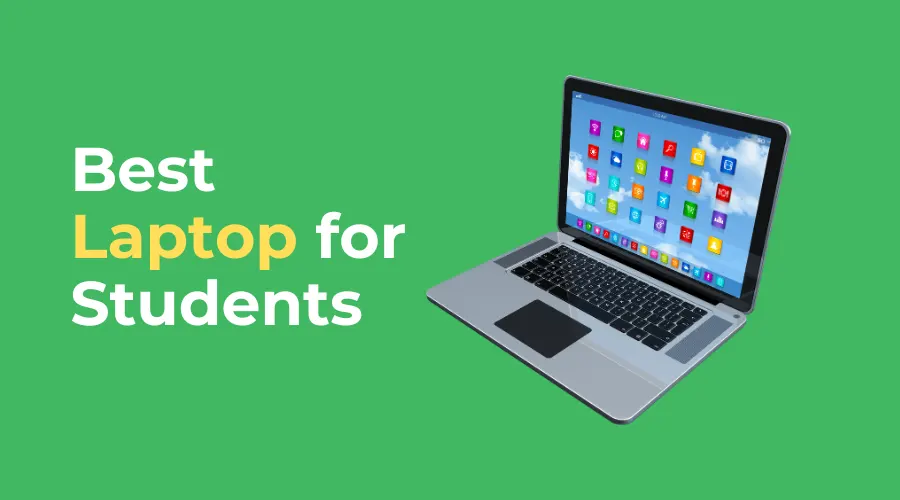Choosing the right laptop for university can feel overwhelming. I remember when I was a student, the hunt for the perfect laptop was like trying to solve a puzzle with too many pieces.
I had to balance my budget, look for solid performance, and ensure that it would last for years.
After spending days researching and reading reviews, I finally found the perfect laptop that suited my needs. Ok Now, I want to assist you do the same with this awesome guide.
Key Factors to Consider When Choosing a Laptop for University Students
When I was at university, one of the first things I considered was portability. I had to lug my laptop around from class to the library, and even to coffee shops.
You’ll want something light and easy to carry, but also durable. Look for laptops that are both slim and sturdy.
My old laptop had a 15-inch screen, but it became a hassle to carry after long days. In hindsight, a smaller, more compact model would have been more practical.
Next, I focused on performance. As a student, I used my laptop for writing essays, researching, and occasionally working on projects that required some heavy-duty software.
I realized that having a tablet with at smallest 8GB of Crush made multitasking smoother.
The processor is another crucial consideration A tablet with an Intel Center i5 or an AMD identical will give a great adjustment between execution and cost.
Don’t forget about battery life. I can’t tell you how many times I’ve found myself hunting for an outlet in the middle of a lecture. A portable workstation with at slightest 8-10 hours of battery life is fundamental for understudies who are continuously on the move.
Finally, consider the price. During my university days, I had a tight budget. While I longed for the latest MacBook, I settled on a mid-range laptop that still offered great value. I realized that you don’t have to break the bank to find a reliable machine for your studies.
Best Laptops for Different University Students’ Needs
In my involvement, the “best” portable workstation shifts depending on your needs. Here are a few alternatives that cater to diverse sorts of understudies.
For the Budget-Conscious Student
One of the most affordable and reliable laptops I’ve come across is the Acer Aspire 5. It culminates if you need an adjustment of execution and affordability.
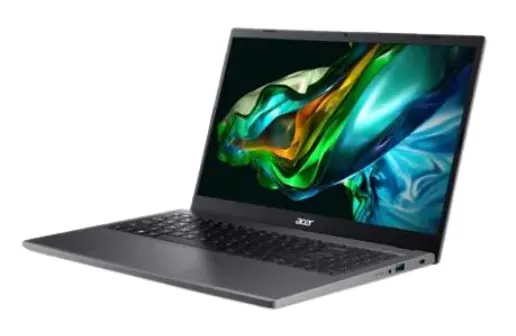
When I was on a tight budget, I would have loved to have this laptop as an option. It features a 10th Gen Intel Core i5, 8GB RAM, and a 256GB SSD, providing solid performance for most university tasks. Plus, it’s lightweight and has decent battery life.
For the Creative Student
If you’re into graphic design or video editing, a laptop with a bit more power is a must. I recommend the MacBook Air M1.
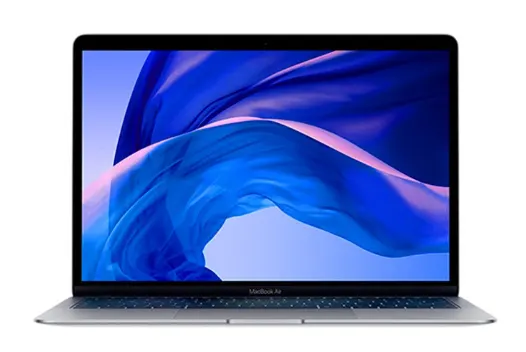
During my university years, I dabbled in video editing, and having a laptop with a fast processor was key.
The M1 chip in the MacBook Discuss offers noteworthy execution, and the retina show is flawless for imaginative ventures. Plus, it has excellent battery life, making it perfect for long study sessions.
For the Versatile Student
If you’re someone who needs flexibility, a 2-in-1 laptop like the Microsoft Surface Pro 7 is a fantastic option.
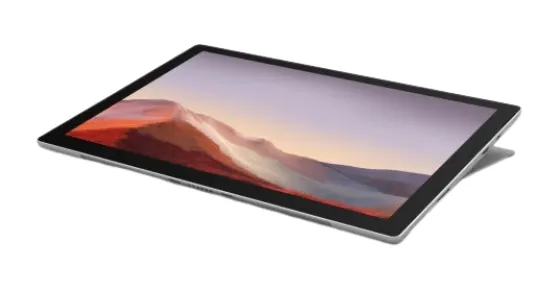
It’s a laptop and tablet in one, which I would have loved during my university days for taking notes by hand. It’s light and portable, and the touchscreen makes it incredibly versatile for both studying and entertainment.
For the Power User:
If you’re in a field like engineering or computer science, you’ll need a laptop with some serious horsepower. The Dell XPS 13 is a bewildering choice for doing errands.
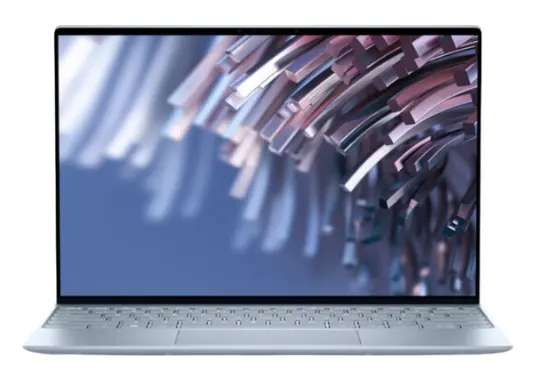
I remember friends who were engineering majors relying on laptops like this to handle complex software. It’s smooth, capable, and has one of the best shows I’ve seen.
Comparing Operating Systems: Which One is Right for You?
When I bought my first laptop, one of the most confusing decisions was choosing between Windows, macOS, and ChromeOS. Althose each operating system has its pros and cons.
Windows laptops are known for their versatility and range. They’re often more affordable, and during university, I found them easy to use for everything from writing essays to coding projects.
Windows laptops like the Dell XPS or the Acer Aspire are great for students who want flexibility in terms of software.
MacOS, on the other hand, is popular among creative students. I briefly used a friend’s MacBook during a group project, and I was impressed with how intuitive it felt.
If you’re into design, photography, or media production, the MacBook Air or MacBook Pro will serve you well.
Lastly, ChromeOS is a lightweight, cloud-based operating system that’s perfect if you mostly work online.
If I had to start university again today, the Google Pixelbook Go would be a tempting option for its simplicity and long battery life.
It’s affordable, secure, and excellent for students who mainly use web-based applications like Google Docs.
Durability and Battery Life Insights
I learned a hard lesson about durability when my laptop started falling apart after just two years of use.
As a university student, you want a laptop that can take a beating. Look for laptops with a solid build, like the Lenovo ThinkPad X1 Carbon.
The ThinkPad line is known for its rugged design and reliability, something that saved me from a lot of headaches when I eventually upgraded to one.
Battery life was another critical factor for me. I remember one particular day when I forgot my charger and had to make it through a full day of classes on a single charge.
My laptop didn’t make it, and I was left scrambling to borrow one. Today, tablets like the MacBook Discuss or HP Phantom x360 offer mind-blowing battery life, regularly enduring 10+ hours on a single charge. If I could go back, I’d prioritize battery life more.
In conclusion, finding the best laptop for university comes down to balancing your budget, performance needs, and personal preferences.
My journey to find the perfect laptop taught me that you don’t need the most expensive machine to succeed in your studies.
The key is to find one that fits your unique needs, whether that’s power, portability, or price.
Frequently Asked Questions (FAQ)
The Acer Aspire 5 is an excellent option for budget-conscious students. It offers solid performance with a 10th Gen Intel Core i5, 8GB of RAM, and a 256GB SSD. For students like me who need a reliable and affordable machine, this laptop strikes the perfect balance between cost and performance.
If you’re in a creative field, such as design or media, a MacBook is worth considering. The MacBook Air M1 offers top-notch performance, excellent battery life, and a stunning display. I used a friend’s MacBook for a project and was impressed by how smoothly it handled creative tasks.
A 2-in-1 laptop like the Microsoft Surface Pro 7 can be a great choice if you need flexibility. I would have loved to use it for taking notes by hand during lectures. It’s portable and versatile, offering the benefits of both a laptop and a tablet.
Battery life is crucial, especially if you’re often away from power outlets. My old laptop’s short battery life caused me a lot of stress. Today, I’d recommend looking for laptops like the MacBook Air or HP Spectre x360, both of which offer excellent battery performance, often lasting 10+ hours on a single charge.
The Lenovo ThinkPad X1 Carbon is one of the most durable laptops on the market. I learned the hard way that durability matters when my old laptop fell apart after two years. The ThinkPad is rugged, reliable, and designed to last, making it a great option for students.
Suggested read:

